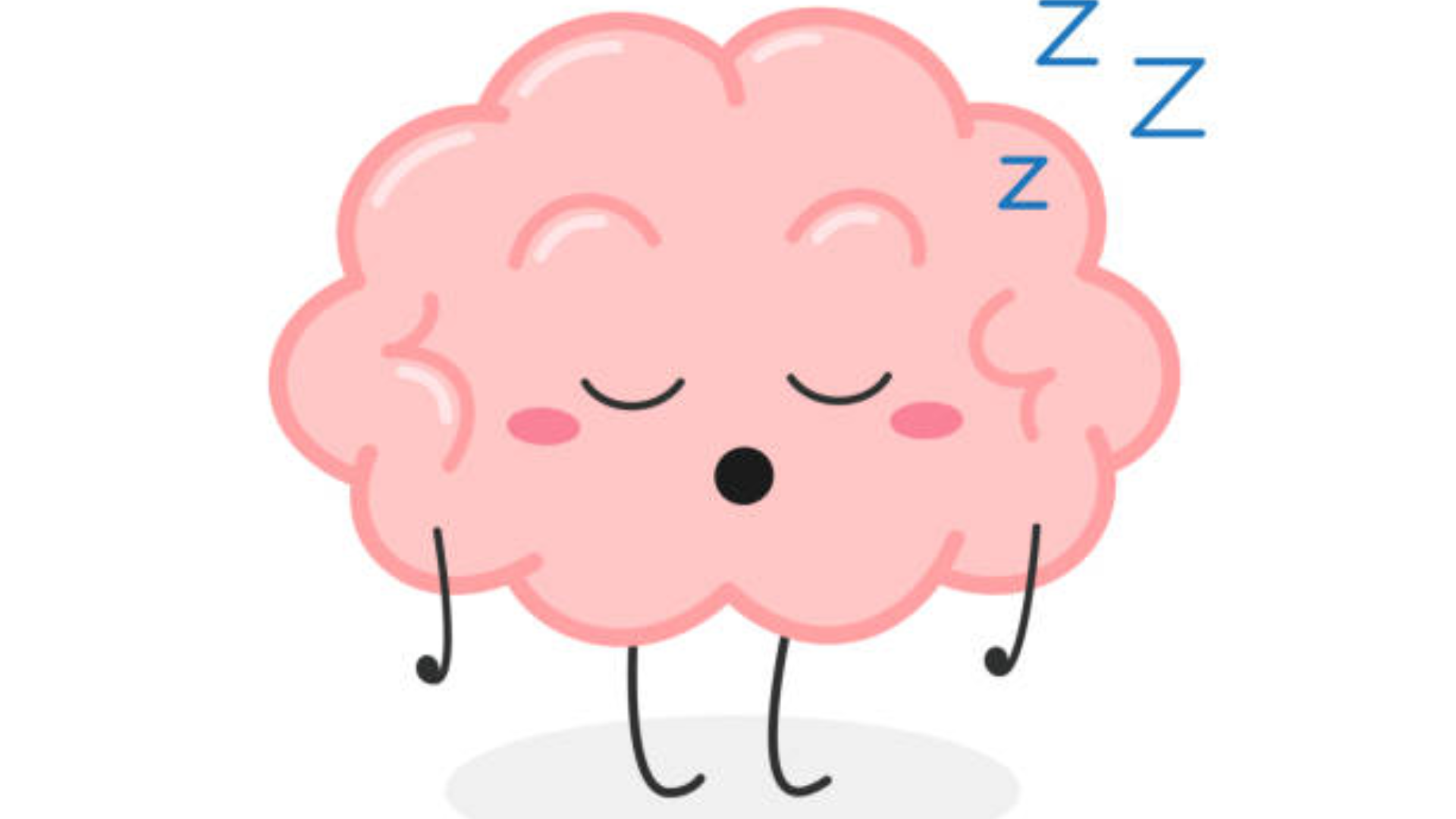










If you wake up each morning after a full eight hours of sleep and still feel fatigued, it might be time to explore potential underlying issues. While the immediate assumption might be lack of sleep, there could be deeper reasons for your persistent tiredness that require attention.
While lack of sleep can indeed contribute to fatigue, other factors may be at play:
1. Sedentary Lifestyle:
Sitting for prolonged hours while indulging in activities like binge-watching can lead to physical inactivity. This lack of movement can affect the quality of sleep, resulting in persistent fatigue.
Solution: Incorporate regular physical activity into your routine. Even short sessions of low- or moderate-intensity exercise can significantly boost energy levels.
2. Anxiety:
High levels of stress and anxiety can be physically exhausting. The release of adrenaline during distress can lead to tense muscles and an overactive mind, consuming energy and leaving you fatigued.
Solution: Socializing and engaging in activities with others can help reduce stress and anxiety levels. Spending time with friends or loved ones has been shown to lower stress hormones and improve overall well-being.
3.Low Vitamin Levels:
Insufficient levels of vitamins, particularly B12, can impact energy levels and contribute to fatigue. This deficiency is common in individuals with poor dietary choices, especially those following a vegetarian or vegan diet.
Solution: Ensure a balanced diet that includes sources of Vitamin B12, such as meat, eggs, and dairy products. Supplements can be considered if necessary.
4. Unbalanced Diet:
A diet lacking in essential nutrients can affect blood sugar levels, leading to feelings of sluggishness. The timing and composition of meals play a role in maintaining stable energy levels.
Solution: Adopt a balanced diet that includes a mix of fruits, vegetables, whole grains, lean proteins, and healthy fats. Minimize the intake of processed foods and sugary drinks.
5. Sleep Apnea:
Poor quality sleep, even if the duration is adequate, can result from conditions like sleep apnea. This disorder involves intermittent pauses in breathing during the night, disrupting sleep patterns.
Solution: Diagnosis and treatment of sleep apnea may involve using a CPAP machine, delivering pressurized air to maintain open airways during sleep.
6. Hypothyroidism:
Hypothyroidism, a thyroid dysfunction, can cause tiredness along with other symptoms like constipation, dry skin, and coarse hair.
Solution: Seek medical advice, and if diagnosed with hypothyroidism, proper medication, a balanced diet, and stress management are essential.
In conclusion, addressing persistent fatigue involves identifying the specific factors contributing to it. Mindful lifestyle choices, regular exercise, a balanced diet, and seeking medical advice when necessary are key steps toward overcoming persistent tiredness.









